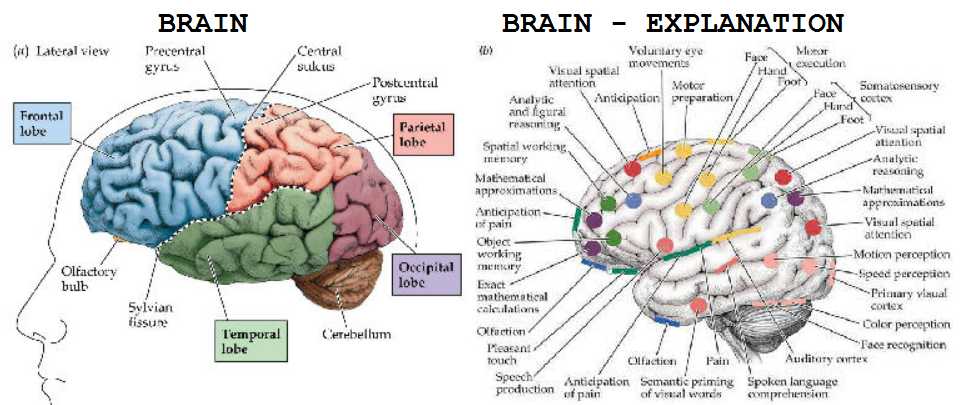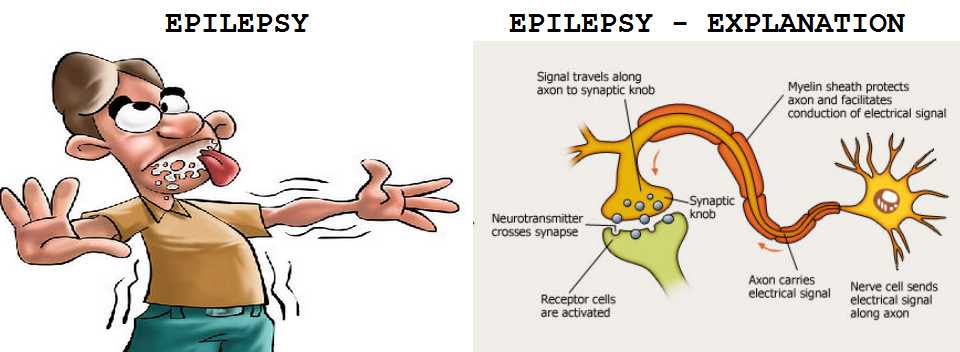Monthly Archives: April 2014
190.WHAT IS THE BRAIN?
Of all the things that distinguish man from the rest of the animal kingdom, the most important is his brain. Many of the lower animals have no brain at all, or a tiny one, or one that is poorly developed. For instance, an earthworm has a brain about the size of a pinhead, a rabbit has a thimble-sized brain. The brain of a man weighs, on the average, about 1.3 kilograms.
By the way, the size of the brain is not the most important thing about it. An elephant has a bigger brain than man, but it is not as well developed.
189.WHAT IS MEMORY?
Can you recite the alphabet easily and quickly? Can you write your name easily? Can you play the scale on a musical instrument?
You would probably say that you memorized all this. But what you actually did was to learn them. And the way you learned them was by forming a habit! In other words, what was once quite difficult for you, such as reciting the alphabet or playing the scale, became easy and almost automatic when you formed a habit of doing it. So memory can be described as learning by means of forming habits.
188.WHAT IS EPILEPSY?
In ancient times, people didn’t understand diseases and what caused them. So they often behaved very cruelly to victims of certain diseases. People who had epilepsy in the Middle Ages were thought of as lunatics, or bewitched! Yet did you know that many great people and many geniuses were epileptic? Among them were the Duke of Wellington, Richard Wagner, Vincent van Gogh, and Louis Hector Berlioz.
Epilepsy is a disease of the nervous system. People with epilepsy have sudden spells during which they have spasms called convulsions after which they may become unconscious or fall into a coma.




